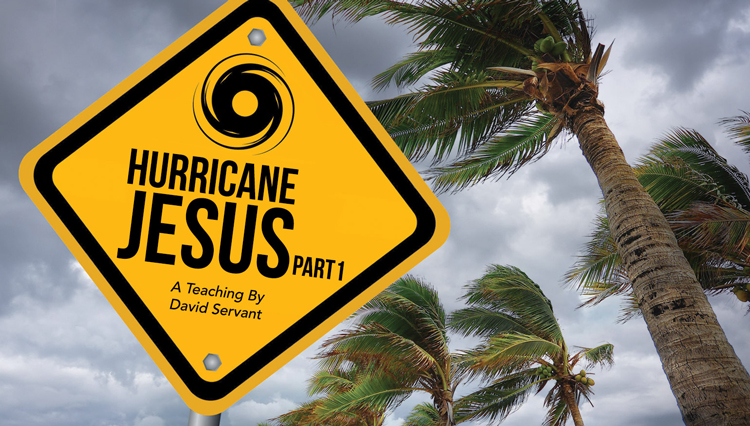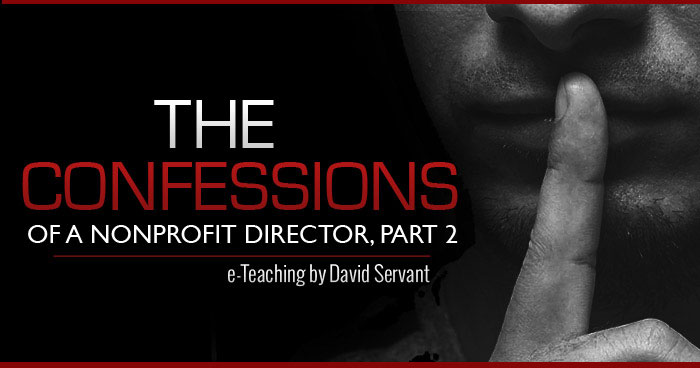The e-teaching that follows, which I originally wrote after Hurricane Katrina bombarded New Orleans in 2005, seems appropriate to re-publish now. For the first time in recorded history, two Category 4 or higher hurricanes have struck the U.S. mainland in the same year. “That is extraordinary by itself,” according to AccuWeather founder Dr. Joel N. Myers, but “also unprecedented is that this particular storm, Irma, has sustained intensity for the longest period of time of any hurricane or typhoon in any ocean of the world since the satellite era began.” Might there be a divine message hidden in these recent hurricanes? Keep reading! – David

Over the past few months in my e-teachings we’ve been taking a look at who God really is—as He has revealed Himself in Scripture—which is quite different than how He is often revealed in modern Christendom. We’ve not only considered His amazing love and mercy, but also His “holy hatred.” That holy hatred is often referred to using other phrases, such as “God’s righteous wrath,” or “His holy indignation,” but all refer to the same aspect of God’s character. And as we’ve seen, God’s Word does indeed speak of His hatred, using the very word hate (for proof, click here to read last month’s e-teaching). There is no escaping this.

